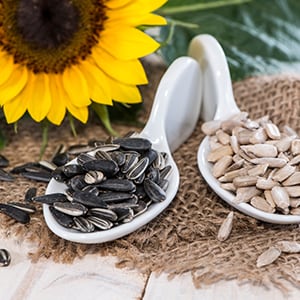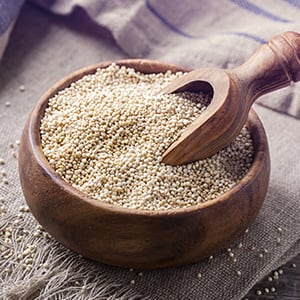The body uses vitamin B6 for brain and nervous system function, metabolic processes, blood sugar level regulation, blood cell formation, and to support your immune system. This important vitamin is found in many foods, including meat, seafood, and some vegetables. Taking B6 supplementally is generally quite safe since excess is excreted in urine; however, extremely high intake has been associated with some side effects. (more…)







